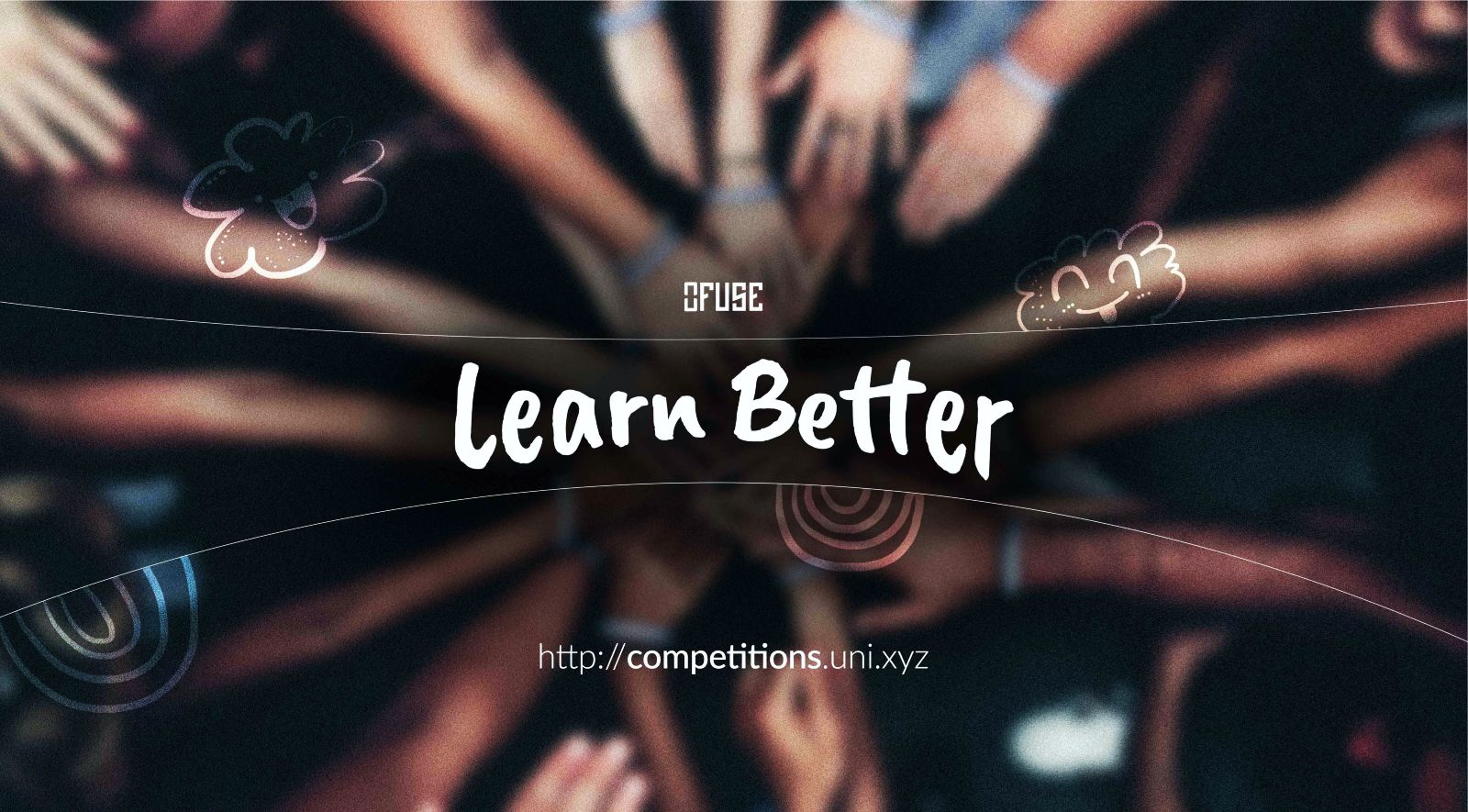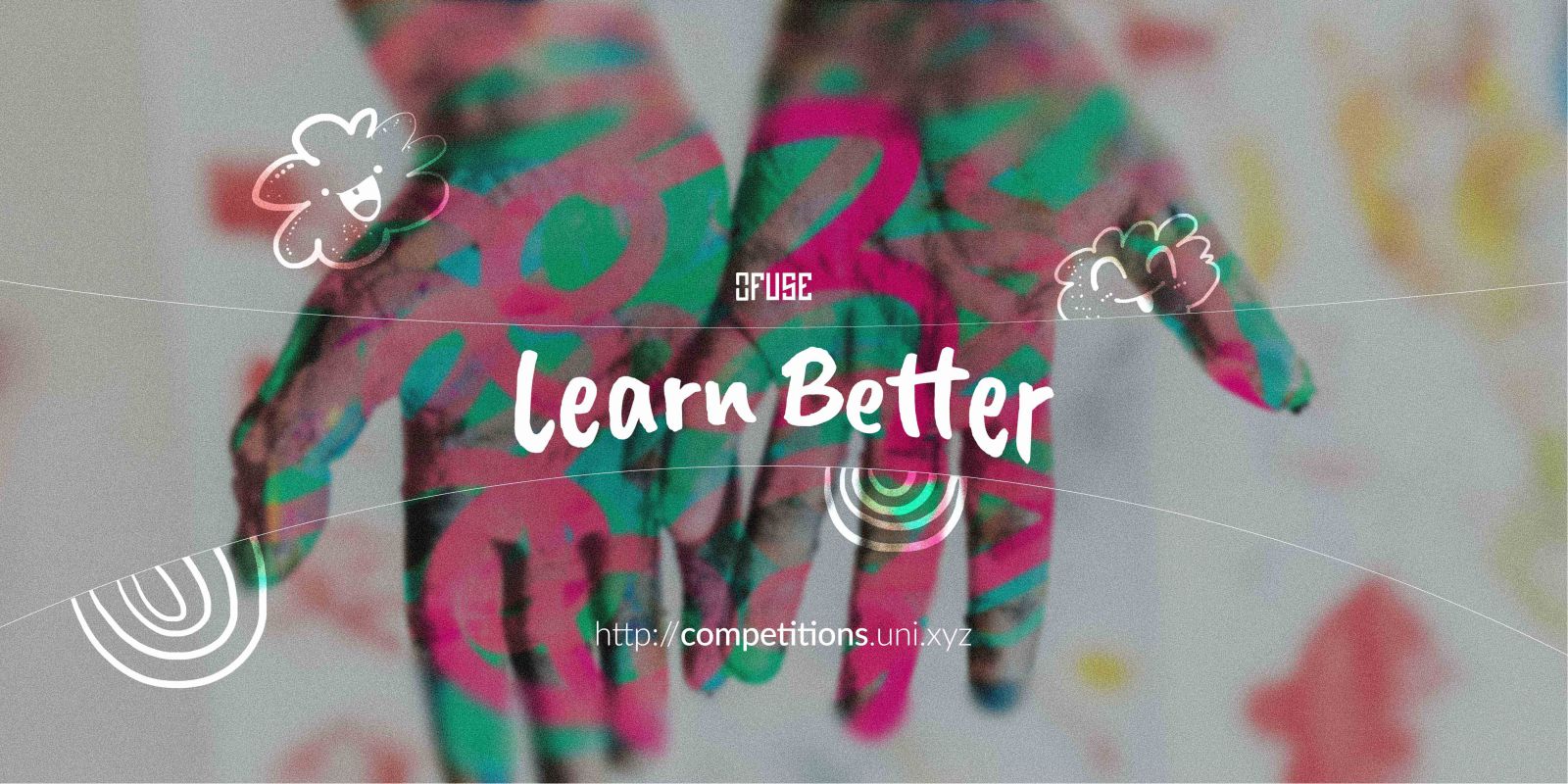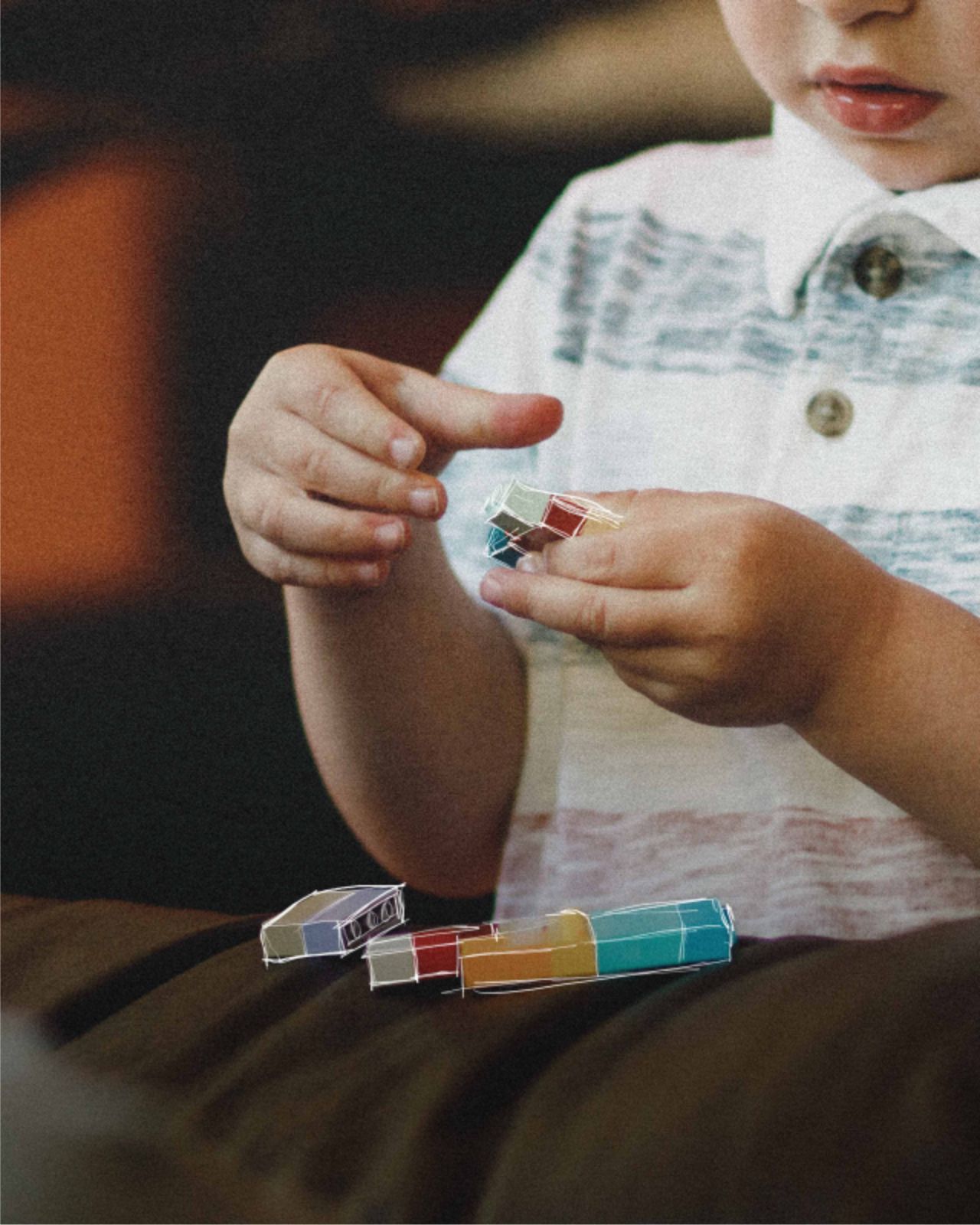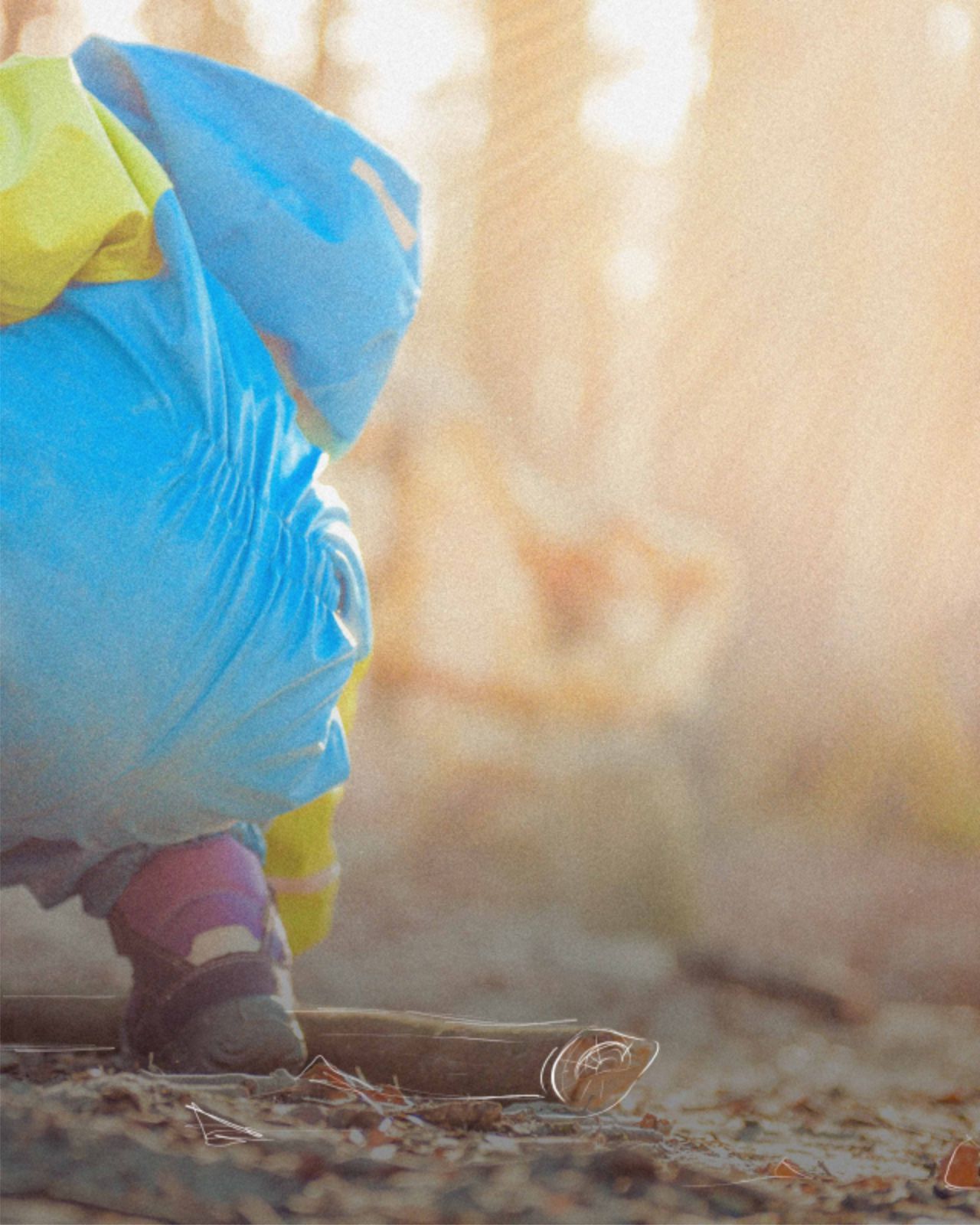Children are sent to school with the best intention, with the belief that formal education is the road to a happy lifestyle. Meticulously, parents gauge different schools based on their rankings, curriculum, faculty, their infrastructures etc, this ideology conveniently boils down to expensive schools as best options. There might be several similar questions raising by time as the society moves ahead, but their contribution to today’s world cannot be disregarded without evaluating the shortcomings. Logically, schools have been the best models of education in a time when dissipation of knowledge was at its least.
Setting up institutions were the taken to make set standards of education to ensure learning reaches the mass. Standards, which enable the model of school could scale from a cult to a more universal entity spreading knowledge. But what if these benchmarks are threatening a school’s relevance, with no concrete solution that questions how a school should be? With growing world population, K-12 education market has become a lucrative business opportunity – where all it matters is to churn out faster number of students – and make them ‘succeed’. The fundamental drive of this innovation is led by a market force – it’s difficult to find out what is the right way.
Challenge
There are various reasons why traditional school models are battling for relevance today. A few of them are laid down below: the top-down, teach-and-test method, in which learning is motivated by a system of rewards and punishments rather than by curiosity or by any real desire to know, is the first place to begin the inquiry. What follows this inquiry, is the curriculum, questioning their usefulness to the vast amount of children who cannot question the authority/board. Lastly is the competitive environment that the children have to be moulded into, which is eroding creative thinking. Design brief: Devise a new form of a model school, where valuable learning and life skills could be imparted with newer forms of built environment.
Site
Helsinki, the capital and the most populous city in Finland undergoing rapid urban development which can be attributed to its increasing density. With Finland, being one of the world’s most revolutionary education ecosystems; re-densification of Kruunuvuorenranta (Also referred as, Tahvonlahti); will be the most appropriate bench to build a change making educational model. The dense built expectation represents the struggle almost all the urban schools are facing around the world and can be easily emulated on this site. Participants are expected to spend more time in finding innovative spatial models that have a universal merit in education/learning/teaching possible in various urban conditions. The challenge hence connects only the physical elements of the site to the problem – extending it to a more universal form of learning.
Timeline
- Launch: March 26, 2019
- Advance Registration closes: May 25, 2019
- Cost: 20$ Students, 30$ Professionals, 80$ Institutional Access
- Early Registration closes: July 9, 2019.
- Cost: 30$ Students, 50$ Professionals, 120$ Institutional Access
- Standard Registration: August 23, 2019.
- Cost: 40$ Students, 70$ Professionals, 160$ Institutional Access
- Submission Deadline: September 2, 2019.
- Public Voting begins: September 3, 2019.
- Public Voting ends: October 3, 2019.
- Result Announcement: October 13, 2019.
Prizes
- Prize pool of worth 4000$
- First Prize: 1500$ (For students and professionals)
- Runner up: 800$ (For students and professionals)
- People’s Choice: 450$ (For students – Most appreciated project wins this)
- People’s Choice: 450$ (For students – Most appreciated project wins this)
- Honorable mention x 2 (Students): 200$ Each
- Honorable mention x 2 (Professionals): 200$ Each
Source and images Courtesy of UNFUSE.








